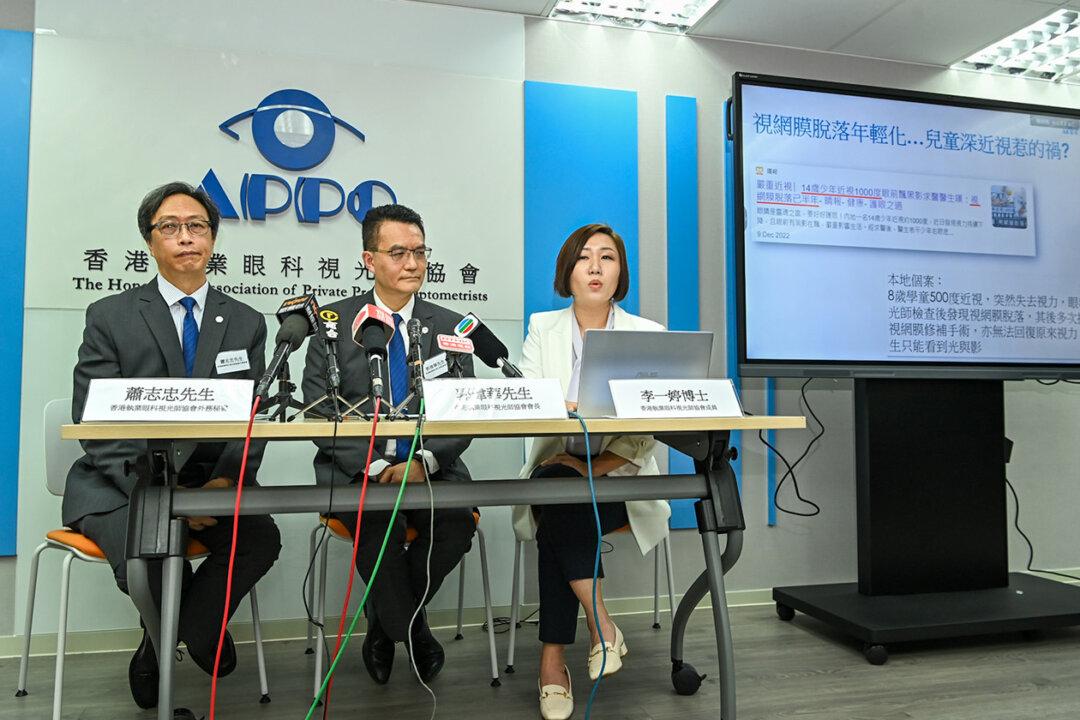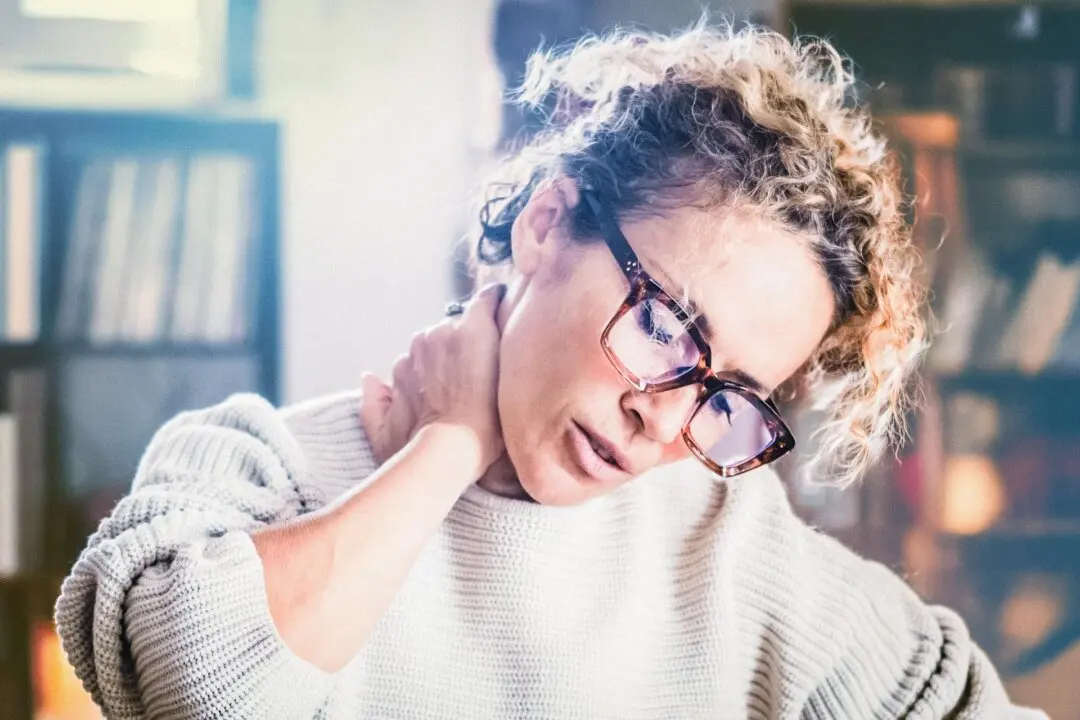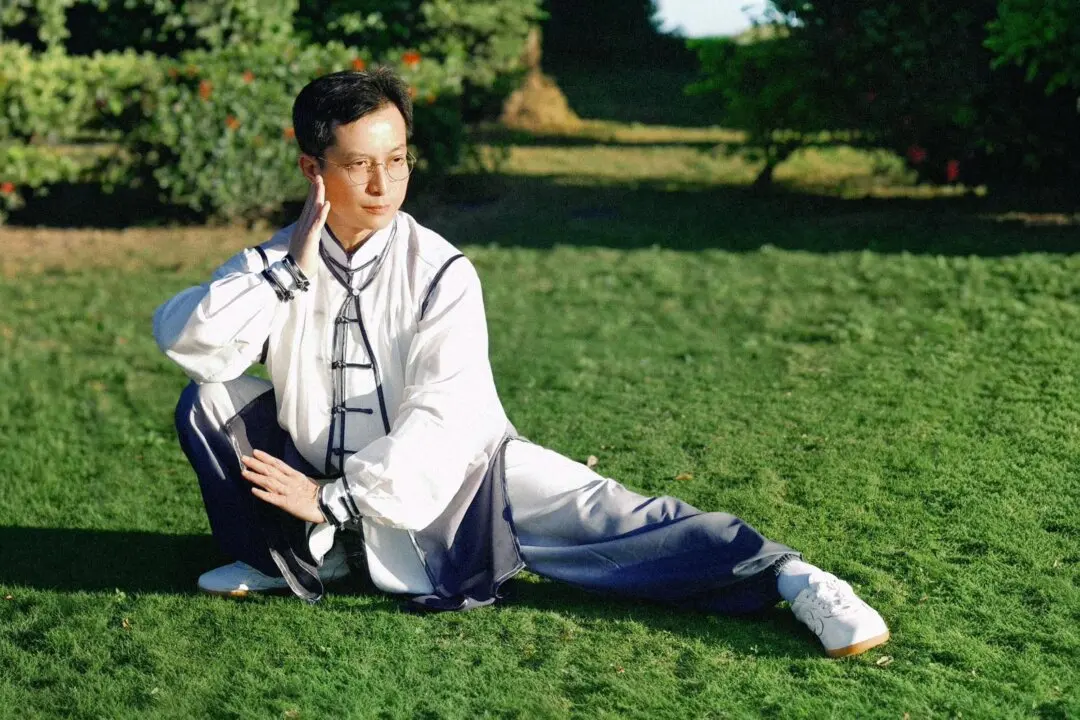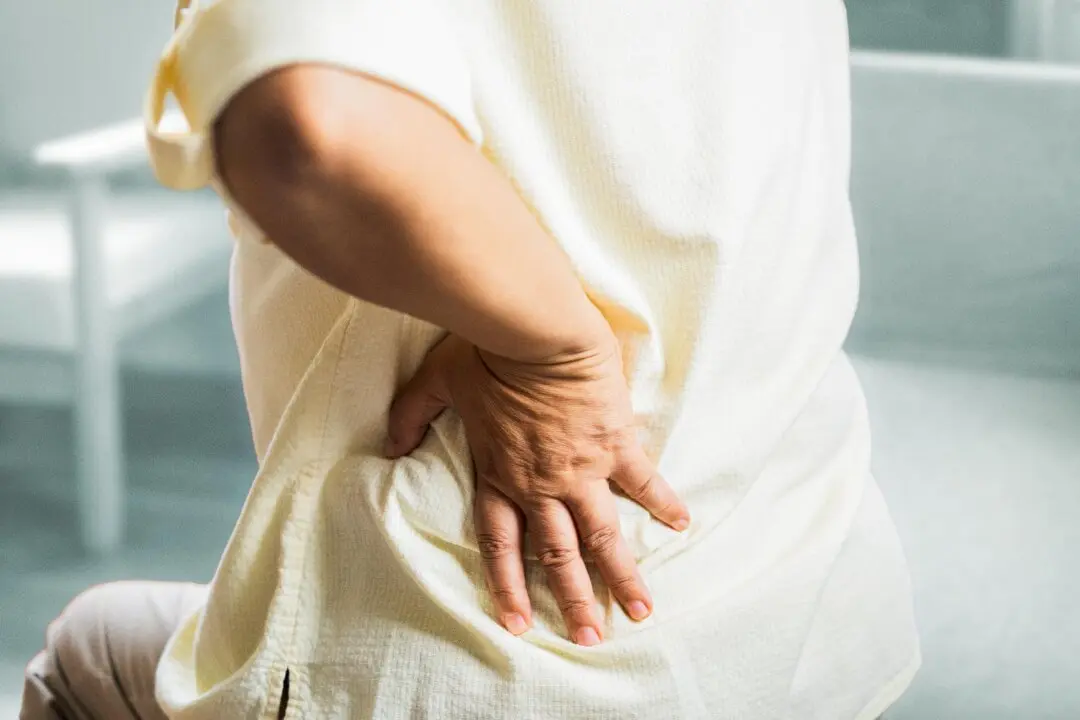The Association of Private Practice Optometrists (APPO) in Hong Kong released its latest survey results on June 25, revealing that 20 percent of primary school students with myopia at their first eye examination have myopia to at least 275 degrees (-2.75 diopter). The association also estimated that in the current six to eight-year-old primary school children, there would be 59,000 people with “deep myopia” in ten years, and there is a possibility of more than 1,900 cases of retinal detachment.
The association conducted the “Post-Epidemic Recovery: Primary School Student Eye Exam and Myopia Survey” from March 21 to April 30, 2023, with a total of 293 primary school parents participating. The survey found that besides the vision check at government maternal and child health centers or student health care, only 70 percent of parents had taken their children for an eye exam.




